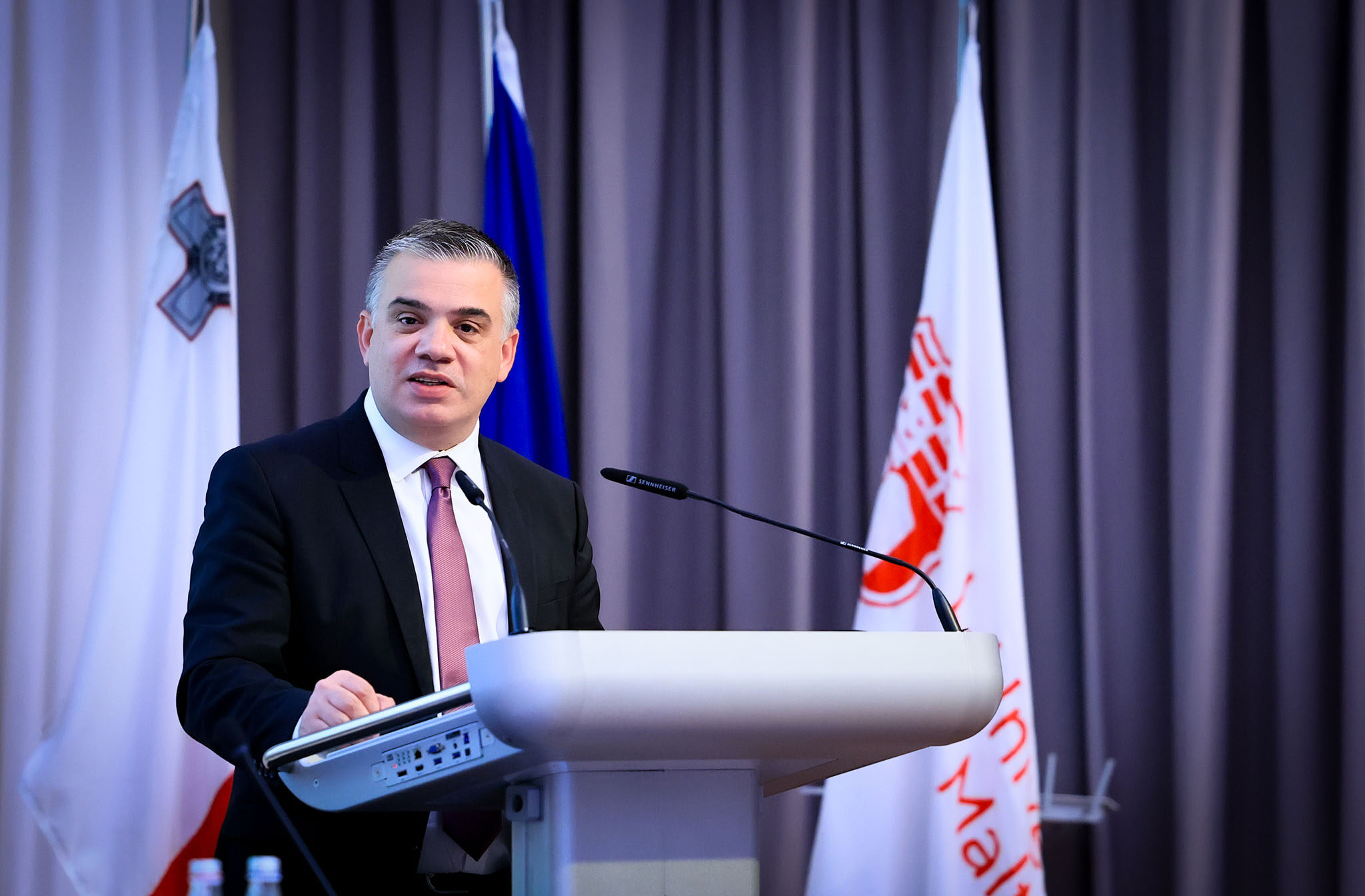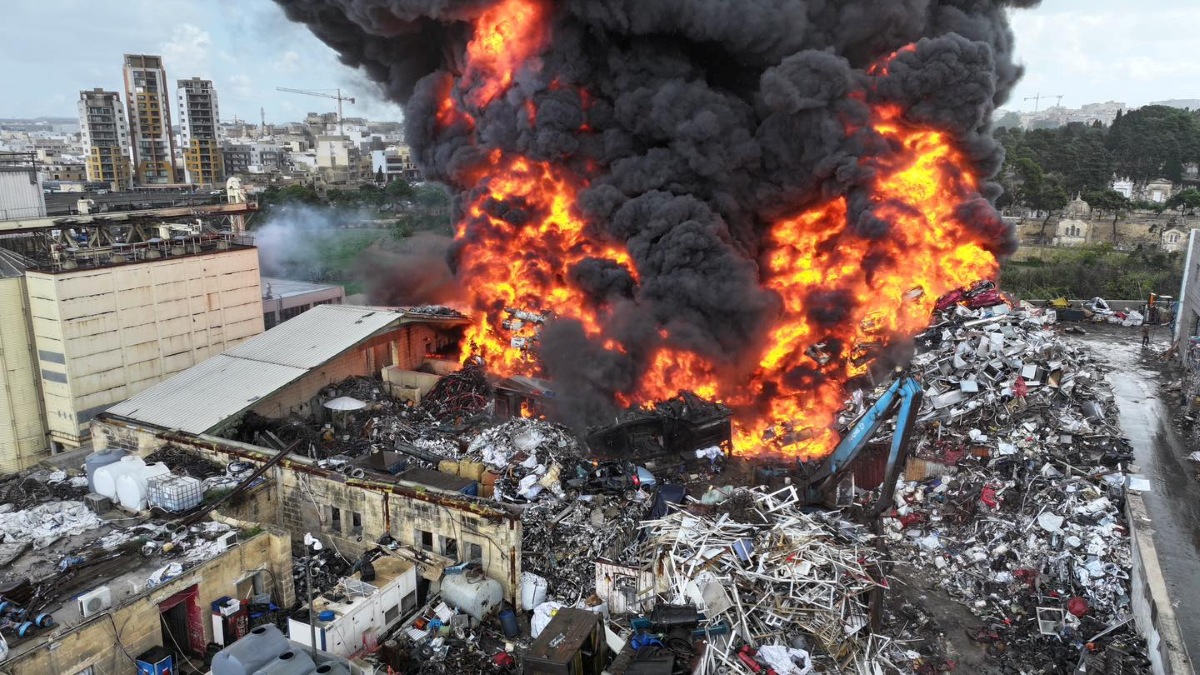Minister for Transport, Infrastructure and Public Works Chris Bonett, said that Malta “cannot rely solely on its natural harbours because today, competition demands investment in sustainable and intelligent infrastructure.”
His comments were made at a conference organised by the Malta Maritime Platform within the University of Malta.
The conference brought together local and international experts, including academics, researchers, industry professionals and policymakers, to discuss solutions to the challenges faced by the maritime sector, particularly in light of climate change and technological advancement.
Minister Bonett added that sustainability and investment in infrastructure are fundamental to Malta’s maritime future. Emphasising the importance of current choices, he stated, “the future of the maritime sector depends on the decisions we make today.”
He also highlighted key projects such as the shore-to-ship power system, which is already active in the Grand Harbour – one of the most extensive of its kind in the Mediterranean – and which will be extended to the Freeport.
“We will continue working to ensure that all workers in the sector – including engineers, seafarers and shipyard employees – receive the necessary training to be prepared for technological changes and automated operations,” he concluded.
During his speech at the opening session of the conference, which focused on innovation and technology in the maritime sector, Parliamentary Secretary Keith Azzopardi Tanti remarked: “Malta’s history is tied to the sea, from ancient voyages and maritime trade to modern innovation and sustainability. Let us honour this heritage not by looking back, but by looking forward. Together, we must ensure that the future of our country – and of the oceans we share – is driven by research, shaped by innovation, and strengthened by sustainability.”
The conference emphasised several key themes, including the need for sustainable infrastructure, the preservation of biodiversity, the integration of renewable energy sources with environmental conservation, and even the protection of human rights at sea. The dialogue between scientists, engineers, policymakers and NGOs created an ideal environment for building coherent strategies toward sustainable transformation. The conference also affirmed the importance of effective governance, civil society participation, and the need to strengthen partnerships between the public and private sectors.
According to the Malta Vision 2050, regarding the shipping and maritime sector, the country aims to expand the Freeport’s capacity, enhance ship registration processes, and create new international trade routes to reinforce Malta’s logistics hub ambitions.
Featured Image:
Minister for Transport, Infrastructure and Public Works Chris Bonett / DOI – Alan Saliba
The Remarkable Collective and IST College partner to deliver a unified workforce solution
This will be a fully integrated workforce solution, combining recruitment, leadership development, and accredited safety training
‘Gozo expansion has always been on the cards’ – Darscover CEO
Joe Ellul Turner discusses how Darscover’s expansion into Gozo will bring data-driven innovation to the island’s property market
Women now make up 61% of full-time University of Malta students
Women have been consistently outnumbering men in full-time tertiary education






